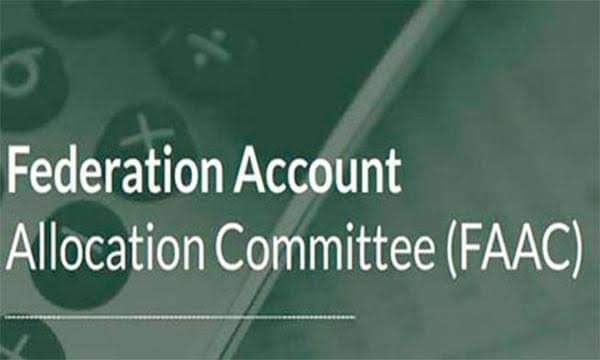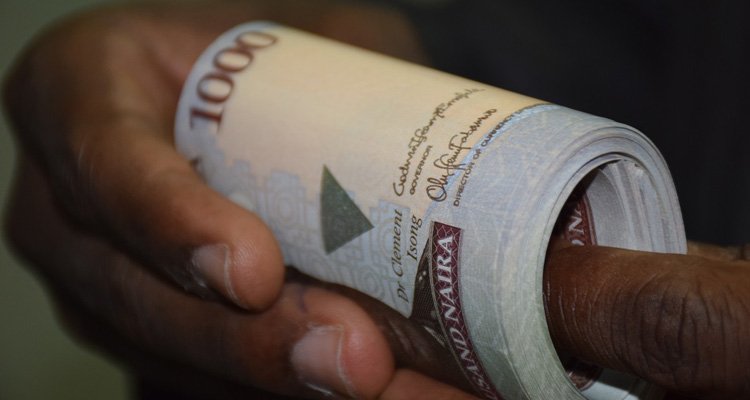Inflation takes toll on Nigeria, S/Africa, Ghana, UK, USA, others
•Russian/Ukrainian war connection
• World Bank foresees more Nigerians slipping into poverty
•Inefficiency of economic managers responsible for Africa’s woes –Aremu
Inflation has literally brought most countries on their knees as citizens have continued to taste the bitter pill of the unprecedented economic crunch which has rendered most businesses and households in dire straits.The Nation can report
Nigeria’s economy is badly bruised this time as a spike in inflation has sent prices of commodities and essential services to the rooftop.
Data released by the National Bureau of Statistics shows that the inflation rate spiked to 19.64 per cent in July 2022, the highest rate recorded in the last 17 years with impact felt for the most part in the commodities market, where prices have soared high in recent times.
“This rise in the food index was caused by increases in the prices of bread and cereals, food products, potatoes, yam, and other tubers, wine, fish, meat, and oils,” the report stated.
The World Bank report on Nigeria Development Update for the month of June 2022, also showed that the country inflation figures was already one of the highest in the world before the war in Ukraine, and is likely to increase further as a result of the rise in global fuel and food prices caused by the war.
This is just as the global bank estimates that this development is likely to push an additional one million Nigerians into poverty by the end of 2022, on top of the six million already predicted to fall into poverty this year because of the rise in prices, particularly food prices.
The global media has been awash with reports bordering on the rippled negative effects of the credit crunch which has led to widespread protests across the globe, including Ghana, and others.
In South Africa inflation accelerated to its highest level in 13 years in July, surging food, transport and electricity prices, official data showed last week as workers staged protests over the high cost of living.
Consumer prices rose at an annual rate of 7.8 percent in July, up from 7.4 percent in June, the national statistics agency StatsSA said in a statement.
The publication of the latest statistics coincided with protests in major cities over the worsening economic conditions, which have been particularly crushing for the poorest in the continent’s most industrialised country.
In Sierra Leone, heavy protest marches by the citizens over the parlous state of the economy led to killings recently as government authorities tried to rein in the protesters.
Rising inflation prompted the country’s central bank to impose the steepest hike to the benchmark interest rate last month, raising it by three-quarters of a percentage point to 5.5 percent.
Elsewhere in the USA and the UK, there have been spiralling impacts on the broader economy with higher rates resulting in higher debt repayments for consumers, which will hit household budgets.

Figures released last week showed that the U.K.’s economy shrank between April and June so much so that the average household fuel bill has risen more than 50% this year as the war in Ukraine squeezes global oil and natural gas supplies, and another increase is due in October, when the average bill is forecast to hit the equivalent of $4,3000 a year.
In Sri Lanka the economic crisis took a twist as protesters in their thousands had last month stormed the presidential villa where they burgled the place, taking away personal belongings of the first family after the latter fled.
Speaking on this development, Prof. Jonathan Aremu, a renowned economist said it was rather scandalous that some schools of thought have argued that Nigeria, nay Africa are facing the economic headwinds as a result of the lingering war between Russia and Ukraine.
According to him, “Some people have said what is happening in Nigeria is also happening to the rest of the world. I think that’s a layman’s idea only. The real question to ask is what led to the socioeconomic crisis in the first place? I can understand why countries like the Us, Britain and others are suffering. It is simply because their economies are highly integrated to countries in the eastern part of the world, so the diplomatic rumpus between countries within the region can have negative effects on their economies.”
Nigeria, and by extension Africa’s case is peculiar, he said, adding that , “The current economic crisis facing the majority of the African countries are as a result of mismanagement of resources and nothing more.”
Raising some posers, he queried, “What is Africa’s exposure to the global shocks? The entire trade of the whole of Africa to the world is three per cent even Nigeria only is not up to one %. So why should we be affected by the global crisis? The answer is simple: a lot of people are stealing the oil money. We need to face our problem squarely. In Nigeria for instance, our land is so fertile and good for agriculture but because of insecurity people are scared to go to the farms.
“Let’s even stretch this conversation further; I think Nigerians and many African countries need to see this time for what it is and that is an opportunity to break into the European market. Agreed some countries like Chad may be facing bad climatic conditions as such even grass cannot grow well there. But in our own case we are facing both a poor economic environment as well as a poor climatic environment. And that is a double catastrophe for us. I think these are what we should address in order to change our prevailing economic crisis.”





